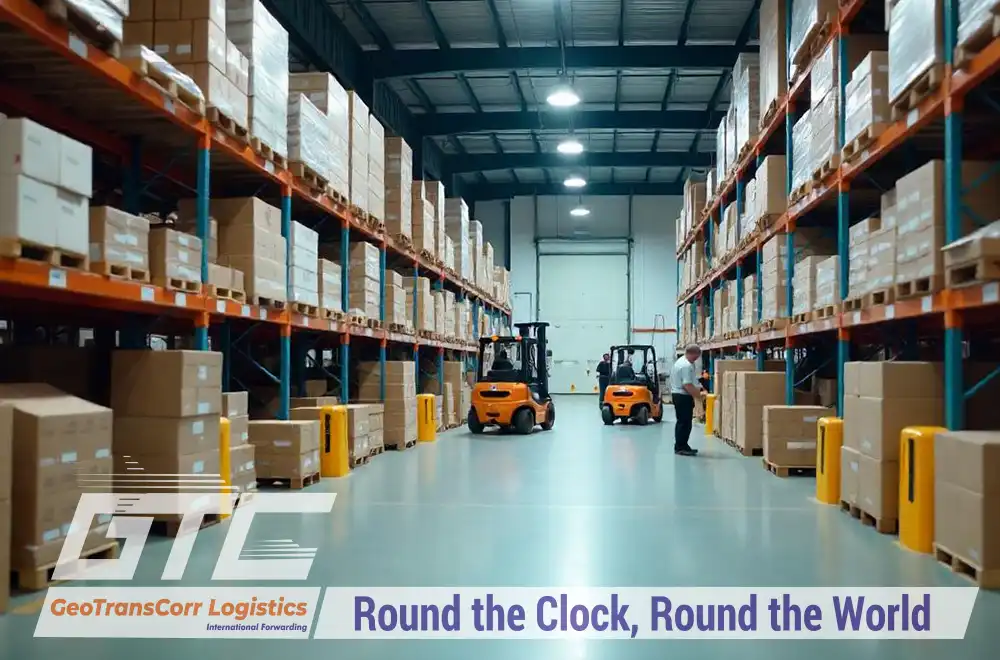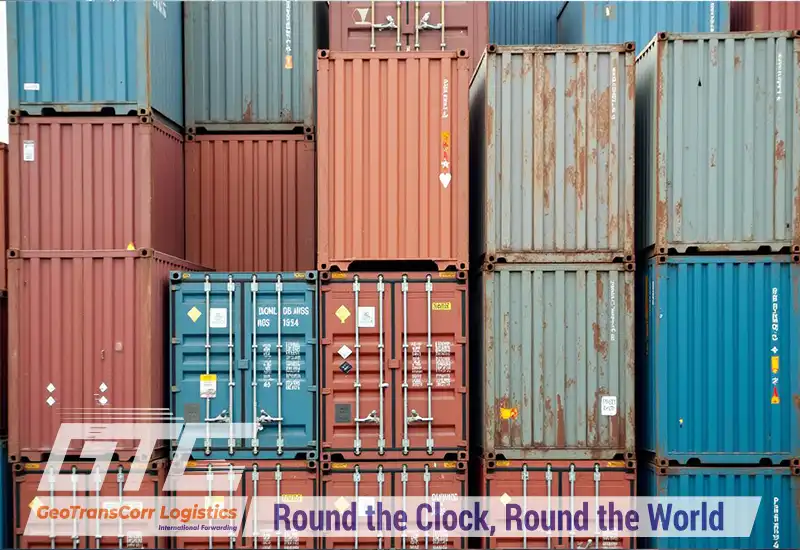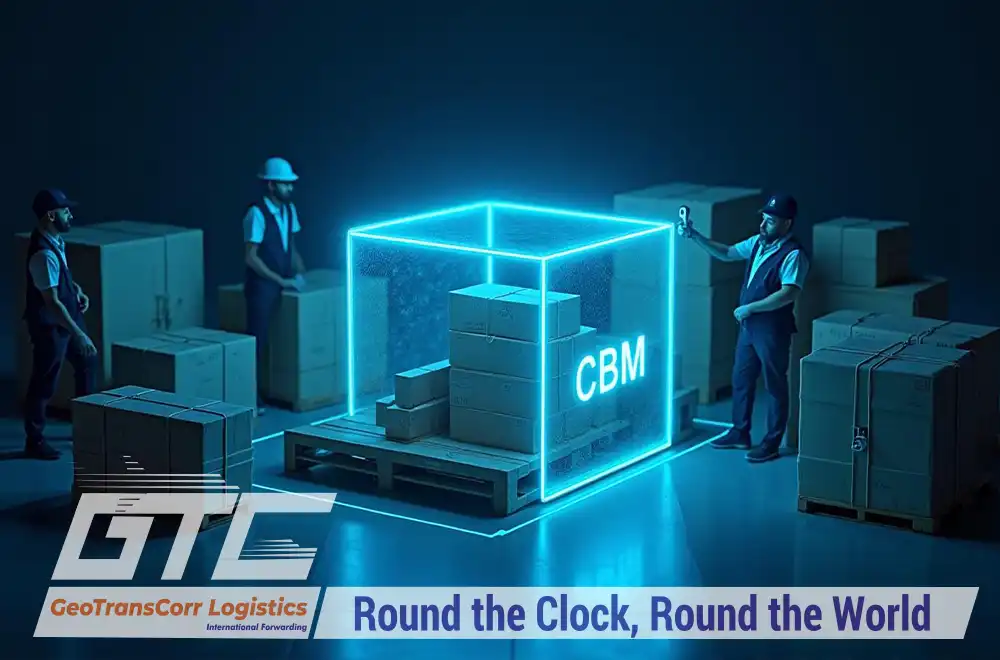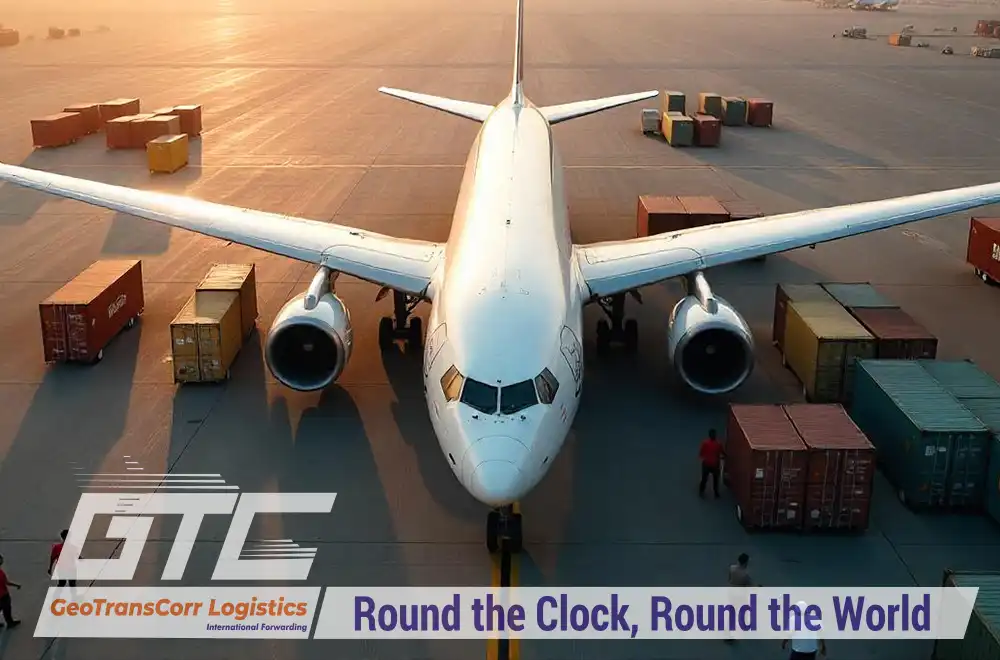In today’s fast-paced and interconnected world, logistics plays a crucial role in the success of businesses and economies. Logistics, the detailed coordination of complex operations involving people, facilities, and supplies, has evolved significantly over the years. Innovative logistics refers to the application of cutting-edge technologies, strategies, and practices to enhance the efficiency, effectiveness, and sustainability of logistics operations. This encompasses everything from the use of automation and artificial intelligence to improve warehouse management, to the implementation of blockchain technology for more secure and transparent supply chains.
Historical Evolution of Logistics
The evolution of logistics has been marked by several key phases. In its earliest form, logistics was limited to basic transportation and storage methods. The industrial revolution brought about significant changes, with the introduction of railways and steamships facilitating large-scale distribution of goods.
The 20th century saw further advancements with the development of modern highways, the invention of the shipping container, and the rise of air freight, which dramatically shortened delivery times and expanded global trade. The advent of information technology in the late 20th and early 21st centuries revolutionized logistics by enabling real-time tracking and more efficient supply chain management.
Today, we are in the midst of a new era of logistics innovation driven by digital transformation. Technologies such as the Internet of Things (IoT), artificial intelligence (AI), and blockchain are reshaping how goods are transported, stored, and tracked. These innovations are not only improving efficiency and reducing costs but also providing greater transparency and control over the entire supply chain.
Technological Advancements in Logistics
The logistics industry is undergoing a profound transformation driven by technological advancements. These innovations are enhancing efficiency, reducing costs, and improving service quality across the entire supply chain. In this section, we will explore some of the most significant technological advancements reshaping logistics today.
Automation and Robotics
Automation and robotics have revolutionized logistics operations by increasing productivity and reducing human error. In warehouses, automated systems like robotic picking and packing machines streamline processes, allowing for faster order fulfillment. Autonomous mobile robots (AMRs) navigate warehouse floors, transporting goods and materials with precision and speed.
Automated guided vehicles (AGVs) and conveyor systems also play a crucial role in automating material handling tasks. These technologies reduce the need for manual labor, minimize the risk of workplace injuries, and enable 24/7 operations.

Internet of Things (IoT)
The Internet of Things (IoT) connects physical devices to the internet, allowing them to communicate and share data. In logistics, IoT enables real-time tracking and monitoring of goods, vehicles, and equipment. Sensors embedded in shipping containers, trucks, and warehouses collect data on location, temperature, humidity, and other conditions.
This real-time visibility helps businesses optimize routes, monitor the condition of perishable goods, and proactively address potential issues. IoT also enhances inventory management by providing accurate, up-to-date information on stock levels and movement.
Artificial Intelligence and Machine Learning
Artificial intelligence (AI) and machine learning are transforming logistics by enabling data-driven decision-making and predictive analytics. AI algorithms analyze vast amounts of data to identify patterns, optimize routes, and forecast demand. Machine learning models continuously improve their accuracy by learning from new data, making logistics operations more efficient over time.
AI-powered chatbots and virtual assistants enhance customer service by providing real-time support and information. Predictive analytics help businesses anticipate demand fluctuations, reduce inventory costs, and improve supply chain resilience.
Blockchain Technology
Blockchain technology offers a secure and transparent way to manage logistics transactions. A blockchain is a decentralized digital ledger that records transactions across multiple computers. In logistics, blockchain ensures the integrity and traceability of shipments by providing an immutable record of each transaction.
Smart contracts, which are self-executing contracts with the terms of the agreement directly written into code, automate and streamline processes such as payments, customs clearance, and freight bookings. Blockchain enhances trust and collaboration among supply chain partners by reducing the risk of fraud and errors.
Autonomous Vehicles and Drones
Autonomous vehicles and drones are poised to revolutionize transportation and last-mile delivery in logistics. Self-driving trucks and delivery vans can operate around the clock, reducing transit times and labor costs. These vehicles are equipped with advanced sensors and AI systems that enable them to navigate safely and efficiently.
Drones offer a fast and flexible solution for delivering small packages, particularly in remote or congested areas. They can bypass traffic and deliver goods directly to customers’ doorsteps. Companies like Amazon and UPS are already experimenting with drone delivery services, which have the potential to significantly reduce delivery times and costs.
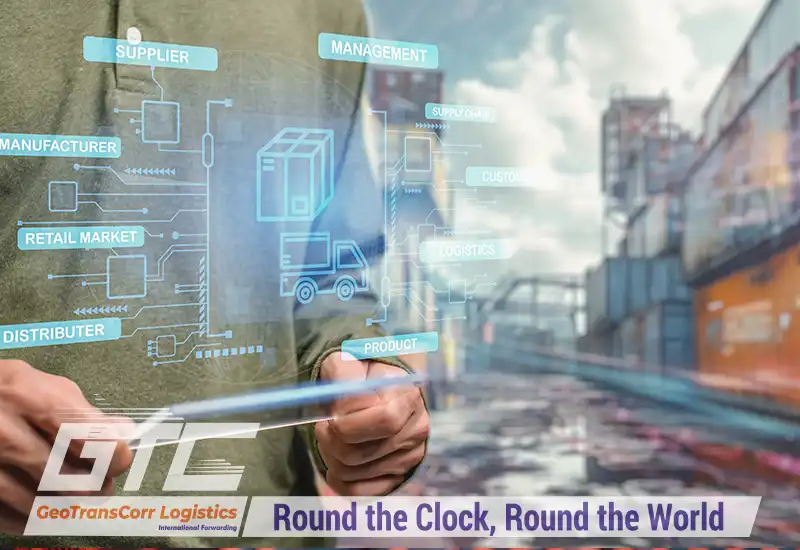
Global Supply Chain Innovations
Global supply chains are the backbone of international trade, enabling the efficient movement of goods across borders. In recent years, a wave of innovations has transformed global supply chain management, making it more resilient, efficient, and responsive to market demands. This section explores some of the most significant innovations reshaping global supply chains today.
Cross-border E-commerce
The rise of cross-border e-commerce has transformed global trade by enabling businesses to easily reach international customers. Key innovations include:
- E-commerce Platforms: Online marketplaces streamline international sales, providing global reach and efficient payment processing.
- Localized Fulfillment Centers: E-commerce giants use these centers to stock popular products closer to customers, speeding up delivery and cutting costs.
- Customs and Trade Compliance Solutions: Automated systems simplify navigating international regulations, ensuring compliance and reducing delays.
Trade Compliance Automation
Trade compliance is crucial for global supply chains, and automation enhances this process:
- Automated Documentation: Systems streamline the creation and submission of trade documents, reducing errors and speeding up customs clearance.
- Tariff and Duty Management: Software calculates tariffs and taxes, helping businesses optimize pricing and avoid unexpected costs.
- Sanctions Screening: Automated tools prevent transactions with sanctioned entities, reducing legal and financial risks.
Risk Management and Resilience
Global supply chains face risks from geopolitical tensions, natural disasters, and market fluctuations. Innovations in risk management enhance resilience:
- Risk Management Platforms: Offer real-time visibility and use data analytics to identify and mitigate risks.
- Diversified Sourcing: Reduces reliance on single suppliers or regions by exploring alternatives and multi-regional strategies.
- Scenario Planning: Advanced tools model different scenarios to develop robust contingency plans and improve resilience.

Digital Supply Networks
Digital supply networks (DSNs) use various technologies to enhance supply chain connectivity:
- IoT and Sensors: Provide real-time data on goods’ location and condition, improving visibility and decision-making.
- Blockchain: Ensures transaction integrity and transparency with an immutable record, reducing fraud.
- Cloud-based Management: Facilitates real-time data sharing and collaboration, enabling agile and informed decisions.
Sustainability and Circular Supply Chains
Sustainability is a growing focus in global supply chains with key innovations including:
- Green Logistics: Reduces carbon footprints through optimized routes, energy-efficient vehicles, and minimal packaging waste.
- Circular Supply Chains: Emphasizes reusing, refurbishing, and recycling to cut waste and conserve resources.
- Sustainable Sourcing: Prioritizes suppliers that meet environmental and social standards for a more ethical supply chain.
Global supply chain innovations are reshaping business operations with advances in cross-border e-commerce, trade compliance, risk management, digital networks, and sustainability. Embracing these changes boosts efficiency, mitigates risks, and meets evolving customer and regulatory demands. Staying ahead of these trends is essential for maintaining a competitive edge and achieving long-term success.
How GTC is Leading the Way in Innovative Logistics
Innovative logistics is revolutionizing the freight forwarding industry, and GTC is at the forefront of this transformation. By leveraging cutting-edge technologies, GTC enhances the efficiency, transparency, and reliability of its logistics operations. As a leading freight forwarder, GTC’s commitment to innovation not only optimizes operational performance but also provides its clients with a competitive edge in a rapidly evolving market.
Conclusion
The logistics industry is evolving with advancements in automation, robotics, data-driven decision-making, and sustainability, enhancing efficiency and transparency. Companies like GTC demonstrate how embracing these innovations improves performance and competitive advantage. Staying ahead of technological trends is crucial for navigating the future of logistics, enabling businesses to meet global demands and ensure long-term success.
Ready to revolutionize your logistics operations? Contact us today to discover how our cutting-edge solutions can optimize your supply chain and drive your business forward.

